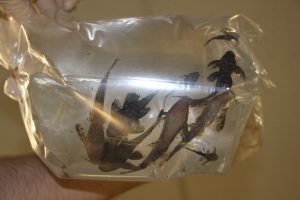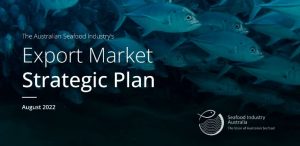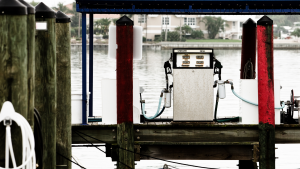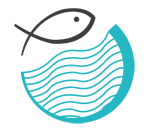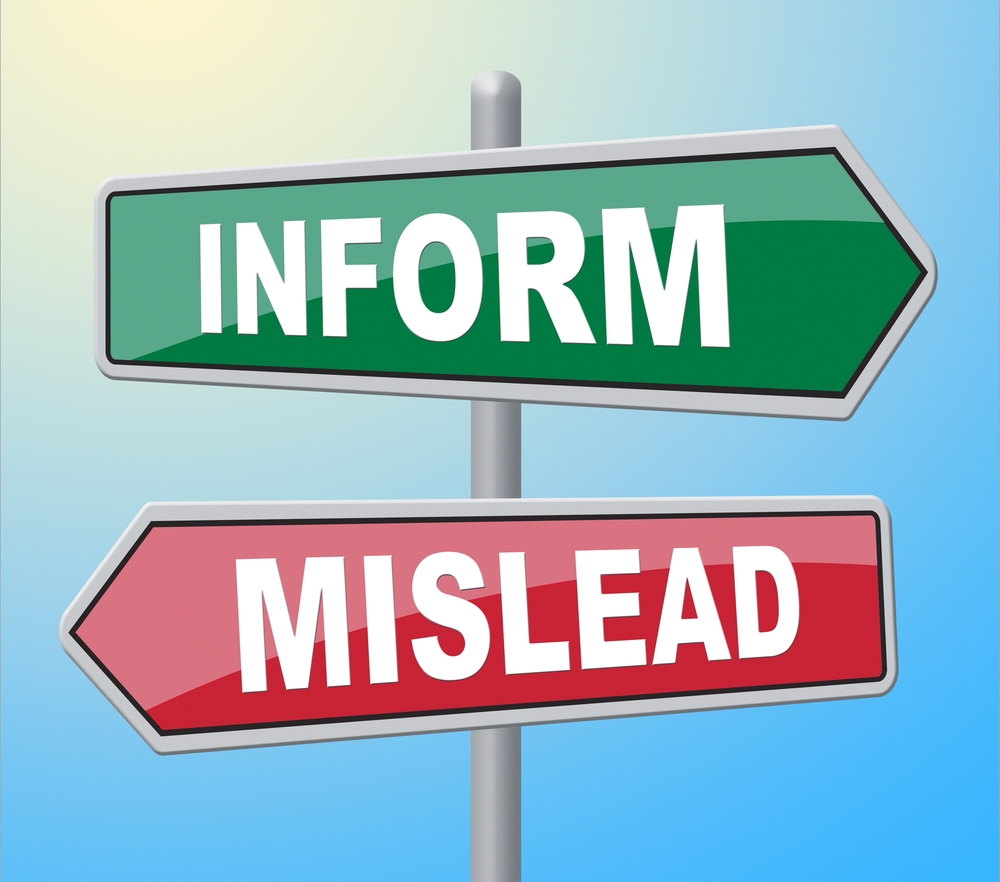
MEDIA WATCH – The Australian seafood industry responds to ‘irresponsible’ attack on a national icon
RE: Salt and Vinegar with your jellyfish and chips?, Courier Mail, Monday, August 21, 2020, by News Corp Australia Journalist, Jackie Sinnerton.
Seafood Industry Australia (SIA), the Queensland Seafood Industry Association (QSIA) and the Fisheries Research and Development Corporation (FRDC) are deeply concerned by a number of unfounded and irresponsible statements made in an article ‘Salt and Vinegar with your jellyfish and chips?’ published by the News Corp Australia in the Courier Mail, journalist Jackie Sinnerton, on Monday, August 21, 2020 regarding Australian fish-stocks, the use of threatened or endangered species in fish and chips, and seafood labelling requirements.
“The Courier Mail has incorrectly reported, ‘Fishing for species that are threatened with extinction is legal and seafood does not have to be labelled according to species,’ and, ‘The fish ‘flake’ or ‘cod’ that Australians typically order at the fish and chip shop could be critically endangered,’ in a quote attributed to UQ (University of Queensland) Centre for Biodiversity and Conversation (sic) Science PhD candidate Leslie Roberson. However, both of these claims are categorically incorrect and could be considered defamatory of the Australian seafood industry,” SIA CEO Veronica Papacosta said.
“This is a disappointing opinion piece versus any semblance of scientific facts. The Queensland Seafood Industry is doing it tough through COVID-19 and these comments are unwelcome, poorly thought through and present a bias in the research approach adopted by the UQ researchers quoted in the article,” QSIA CEO Eric Perez said.
“First and foremost, you cannot sell seafood, or any food for that matter, in retail without clearly labelling what it is. End of story. Perhaps Ms Sinnerton and Ms Roberson would be well advised to review the Food Standards Code, Legislation Act 2003. The Australian seafood industry has routinely petitioned for an expansion of the 2016 Country of Origin Labelling requirements to cover the foodservice sector, but this is simply to clarify country of origin, not species information. In addition, species information must be readily available for both consumers and foodservice for food safety and in the event of a product recall,” Ms Papacosta said.
“Furthermore, the trade of threatened, endangered or protected (TEP) species is illegal in Australia. It is absurd and irresponsible to suggest otherwise. Fishing for TEP species in Australia is against the law, and hefty fines apply for targeting these species. In the event there is a TEP interaction it must be documented and reported to the appropriate authority, primarily the Australian Fisheries Management Authority (AFMA). In Australia, boats operating in fisheries at-risk of TEP interaction are often required to have independent observers onboard and/or video documentation of their catch, among others methods of recording. If a TEP species is caught overseas, legally or not, it is illegal to export it to Australia. Despite the claims from Ms Sinnerton and Ms Roberson, it is incredibly unlikely a protected species would end up on an Australian plate, much less in the batter at your local fish and chip shop.
“It’s really important to note the majority of interactions between commercial fishing operations and TEP species do not result in deaths, with the majority of animals released and swimming away.
“Like you, the Australian fishing industry doesn’t want to see protected species harmed. Our data is public, available via www.data.gov.au and www.afma.gov.au, we aim to be as open and transparent as possible, and our efforts to reduce interactions with protected species is ongoing. We are at the forefront of applying technology and equipment to minimise interactions with protected species, for example with the use of line weighting and tori lines to mitigate seabird captures, and large circle hooks on shallow longlines to minimise turtle captures. We’ve also mandated the use of line cutters and de-hookers across the Commonwealth fishing industry to increase survival rates of turtles that do interact with longline gear.
“Ms Sinnerton goes on to quote Ms Roberson as saying ‘Australian seafood is… definitely not in line with many of the large International conservation agreements that Australia has signed to protect threatened species and ecosystems,’. Again, this is a preposterous claim, not grounded in any science whatsoever.
“Australia’s fisheries are some of the best managed in the world. The Fisheries Status Reports 2019 released by the Australian Bureau of Agricultural and Resources Economics has shown that no Commonwealth-managed fisheries were subject to overfishing for the sixth consecutive year. This is something our commercial fishers are very proud of, and is unprecedented internationally. While the footprint of Australia’s trawlers is one of the smallest in the world. Australia has a world-class network of marine parks which have been designed to help conserve marine habitats and eco-systems. We have the second largest network in the world, which covers 36 per cent of our oceans. Well above the international ‘Aichi target’ of 10 per cent by 2020. Combined with our aquaculture sector – who provide fresh, high-quality seafood, year-round – Australian seafood is one of the best managed and most sustainable protein sources in the world.”
“The FRDC is deeply disappointed that a research organisation funded by the Australian Research Council has alleged that Australian’s cannot have confidence in Australia’s world class science and fisheries management,” FRDC Managing Director Dr Patrick Hone said.
“Australian fisheries management is based on independent evidence based science. FRDC has worked with top Australian scientific organisations around the country for decades to develop the knowledge and technology that underpins Australia’s robust and sustainable fisheries management.
“The FRDC works with more than 100 expert fisheries scientists to publish the independent Status of Australian Fish Stock reports. Australian seafood consumers can be very confident that seafood consumed from Australian fisheries is managed to the best ecological fisheries management.
“Australians can be confident that our fisheries are sustainably managed and underpinned by robust science.”
“SIA acknowledges that internationally there are some fisheries which are not as well managed as ours, but Australia’s professional fishers should not be penalised for international issues, or painted with the same brush, when our local fish-stocks are so well managed,” Ms Papacosta said.
“As professional fishers, we have a responsibility to contribute to the global food task and we are using the best science available to do this in a way that ensures long-term sustainability. It is irresponsible for News Corp Australia to peddle negative stories that cast aspersions over our local fishers, and insight consumers to not purchase and consume Australian seafood, including our iconic fish and chips.
“Australia’s commercial fishers work hard to put healthy and sustainable local seafood on the table and it is a sad day when these disingenuous claims, designed to damage the livelihood of the 25,000 families who depend on Australia’s fishing industry for employment, have been made public without so much as fact-checking these claims with Seafood Industry Australia, ABARES, the Australian Fisheries Management Authority, Queensland Seafood Industry Association, the Queensland Government, or any one of the industry’s representative peak-bodies. We are also shocked that industry has not been afforded a right of reply at the time of publication, nor in a followup article. This article has a clear bias against Australia’s commercial fishing industry.
“It is also worth noting that this poorly referenced article does not state what lists or ‘agreements’ are being referred to, nor was a copy of the research article from the University of Queensland ‘Over 90 endangered fish and invertebrates are caught in industrial fisheries’ available for review when this article was published, as the research had not yet been published. Both SIA and QSIA have made requests for a copy of the research, and it was not received until 0700 AEST, September 22, 2020. SIA understands News Corp Australia broke embargo from UQ when they published this story ahead of the research’s release.
“Further on in the article when discussing an ARC Future Fellowship grant awarded to Dr Carissa Klein, Ms Sinnerton insinuates that Australia’s fisheries are unsustainable including farmed abalone and wild-caught sardines. However, aquaculture is one of the most sustainable forms of primary production in the world, and all four Australian wild-caught sardine fish-stocks are classed as sustainable.
“These poorly researched claims and unsubstantiated attack on Australia’s sustainable, well-managed fisheries are causing unprecedented stresses on our fishers, who, according to research, experience twice the base-rate of psychological stress than the base population. Significant contributing factors to these mental health issues are the ongoing attacks on our professional fishers that threaten their livelihood and resource access.
“As professional fishers, we care for our oceans and environment, and we always encourage others to do the same. We advocate the health, sustainability and future of our ocean and land based aquaculture activities. It’s our livelihood and the future livelihood of generations to come.”
<ENDS>
For more information or to organise an interview please contact Jessica McInerney, Media and Communications Manager, Seafood Industry Australia
E: [email protected] or M: 0420 695 431
Veronica Papacosta, CEO, Seafood Industry Australia
E:[email protected] or M: 0409 220 788
Eric Perez, CEO, Queensland Seafood Industry Association
E: [email protected] or M: 0417 631 353
Dr Patrick Hone, Managing Director, Fisheries Research and Development Corporation
E: [email protected] or M: 0419 628 400

